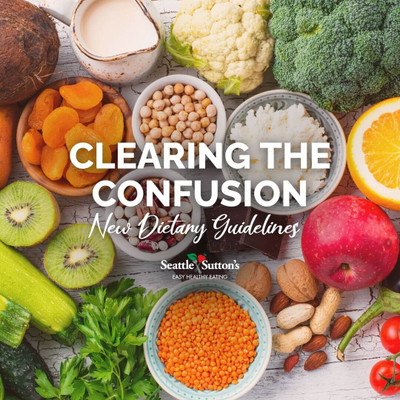Debunking Diverticulitis Diet Myths
Nutrition advice for diverticular disease has changed significantly over the years. Research on how diet impacts flare-ups shows that much of the guidance once considered “standard” doesn’t hold up to current evidence. Unfortunately, many people, and even some healthcare professionals, are still following outdated recommendations, which has allowed several common myths about diverticulitis to persist.
Let’s clear up the confusion.
Understanding Diverticular Disease
Diverticular disease includes two related conditions: diverticulosis and diverticulitis.
-
Diverticulosis occurs when small pouches (diverticula) form in weakened areas of the intestinal wall, most commonly in the colon.
-
Diverticulitis develops when bacteria become trapped in these pouches, leading to inflammation and infection.
While diverticular disease is more common with aging, it can affect people under 50. Risk factors include a low-fiber diet, lack of physical activity, constipation, genetics, and being overweight or obese.
Because diverticulitis can be extremely painful, and sometimes requires hospitalization, it’s common for people to feel anxious about what to eat after a flare. Understanding the facts behind the myths can help reduce fear and support long-term digestive health.
Diverticulitis Myth #1: A Low-Fiber Diet is Always Best
The truth: A low-fiber diet may actually increase the risk of diverticulosis.
During an acute diverticulitis flare, a low-fiber or clear-liquid diet is often recommended temporarily to reduce bowel stimulation and pain. This short-term approach is helpful during active inflammation—but it is not meant for long-term management.
Research consistently shows that a high-fiber diet—rich in fruits, vegetables, whole grains, and legumes—helps prevent constipation and supports regular bowel movements. Constipation increases pressure in the colon, which can worsen diverticular disease.
After a flare resolves, fiber should be gradually reintroduced. Fiber softens stool and adds bulk, making it easier to pass and reducing strain on the colon. Pairing fiber-rich foods with adequate hydration is key.
Diverticulitis Myth #2: Avoid All Nuts & Seeds
The truth: There is no scientific evidence that nuts or seeds cause diverticulitis flare-ups.
This long-standing myth stems from the belief that small food particles can become trapped in diverticula. However, research does not support this idea. In fact, nuts and seeds are excellent sources of fiber, healthy fats, and plant-based nutrients—all of which support digestive health.
However, if you are anxious about eating these foods we recommend discussing with your doctor. Fear, anxiety, and stress that you will have a flare-up could also lead to digestive issues. Follow your healthcare providers recommendations and keep a food diary with what you eat and your symptoms may also help you determine what is best for you.
Diverticulitis Myth #3: Never Eat Popcorn
The truth: Popcorn is not associated with an increased risk of diverticulitis.
Studies—including large-scale research published in The Journal of the American Medical Association—found no link between popcorn consumption and diverticular disease.
Popcorn is a whole grain that can be a fiber-rich, low-calorie snack when prepared with minimal butter and salt. As with all foods, chew thoroughly and drink plenty of fluids. If your healthcare provider has specific recommendations, follow their guidance.
Diverticulitis Myth #4: Stay Away from Spicy Foods
The truth: There is no evidence linking spicy foods to diverticulitis flare-ups.
Spices and herbs can enhance flavor, reduce the need for excess salt, and even provide health benefits. While spicy foods may aggravate other conditions (such as GERD), they are not known to worsen diverticular disease. Listen to your body and enjoy spices in moderation.
In addition to eating a higher fiber diet, some other lifestyle changes may help you to manage your condition better, such as:
Along with a fiber-rich diet, these habits can help manage diverticular disease:
Stay Hydrated
Drinking enough water helps fiber do its job and prevents constipation. Aim for about 64 ounces per day, adjusting for activity level and climate.
Move Your Body
Regular physical activity supports healthy digestion, weight management, and bowel regularity. Start slowly and choose activities you enjoy.
Manage Stress
Chronic stress can negatively impact digestion and immune function. Strategies like deep breathing, yoga, adequate sleep, and regular movement can make a meaningful difference.
It's important to know the facts about the right diet for diverticular disease. By knowing the truth behind the myths, you will make more informed choices to effectively manage your condition, have less stress in knowing what to eat, and will enjoy a more balanced and healthy diet.
It’s time to move out of the dark ages when planning meals for diverticulosis and start including nutrient-packed berries, nuts, and seeds! Focusing on high-fiber, plant-based meals make managing this condition simple and delicious! Did you know that Seattle Sutton’s diverticulosis diet plan provide about twice as much dietary fiber as the typical American diet? Trying one of our convenient meal plans makes managing your diverticulosis a breeze!

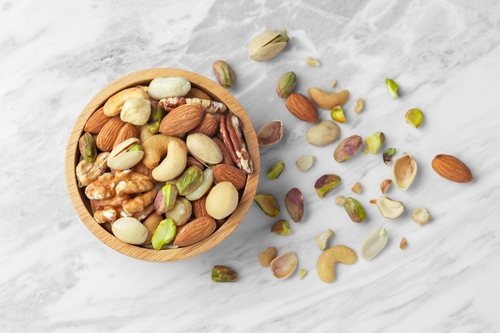
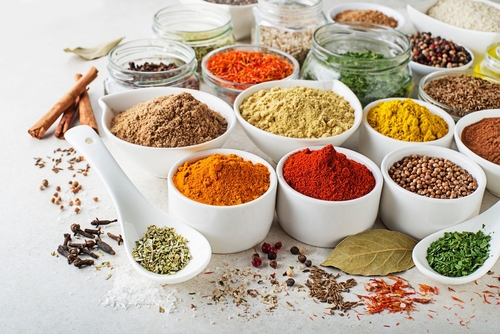


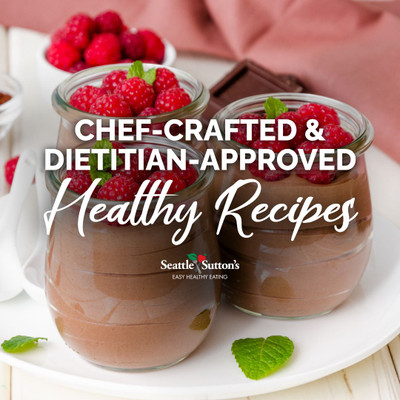

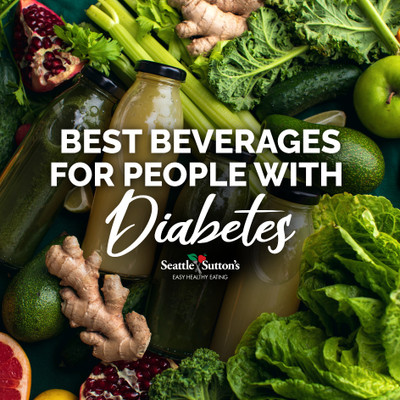

 Weight Loss
Weight Loss Health & Wellness
Health & Wellness Diabetes
Diabetes Heart Health
Heart Health Motherhood & Family
Motherhood & Family Dietary Restriction
Dietary Restriction Other Health Conditions
Other Health Conditions About SSHE
About SSHE